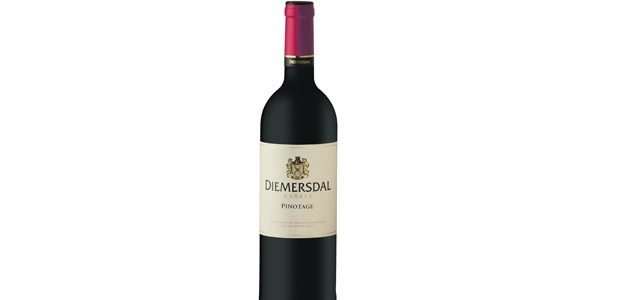Wine of the Week: Diemersdal Seven Generations Pinotage 2015 (Price: R8)
Yesterday was World Pinotage Day, so it was appropriate that the best-rated red at our bimonthly WellsFaber blind tasting, this time focusing on wines from Durbanville, was a Pinotage.
As Tongai Dafana, who advises diners at La Colombe on what wines to order from an extensive wine list, remarked: “I don’t remember tasting a juicy, plummy, earthy and elegant Pinotage like this before. Damn good and probably underrated.”
What dishes would it complement? As soon as you see “plum”, think duck – perhaps Chinese style as in Peking duck – while “earth” conjures up root vegetables – turnips, carrots, parsnips and swedes.
Swedes are known as “neeps” in Scotland and the traditional accompaniment of haggis are neeps and tatties (potatoes). So, until global warming opens up vineyards in Scotland, Wosa (Wines of SA, the exporters’ association) should consider promoting Pinotage in Paisley, Perth and Peking (which is now called Beijing). As well as in Polokwane.
Pinotage is often robust enough to cope with dim sum, the Chinese version of tapas, consisting of lots of different parcels of food, often highly spiced, or served with strongly flavoured dipping sauces.
Wosa takes sommeliers so seriously that last month they flew in eight from around the world to compete in the International Sommeliers Cup. Alas, only one sommelier came from an African country: Kenya. Which is odd, as there are many South African sommeliers (including Tinashe Gwese and Dafana), who hail from Zimbabwe.
Certainly, sommeliers are a powerful tool for marketing South African wines in African countries, as many tourists visiting our country are game for safaris in east Africa, while Mauritius, Seychelles and Maldives are international playgrounds.
Pinotage is a natural tourist curio as it is South Africa’s own grape, having been invented in Stellenbosch in 1925 when Abraham Perold crossed Pinot Noir with Cinsault.
Our wine of the week is called Seven Generations, in honour of the Louw family, who have been farming in Durbanville for many years.
The first wine to be labelled Pinotage was the Lanzerac 1961, made two generations ago, so a seventh generation is a look into the future.
The concept of family is an important one in China, so the brand Seven Generations will appeal to traditionalists. It also reminds consumers that although South Africa makes “new world” wines, just like Australia and New Zealand do, we have been doing so for a heck of a long time. Long enough, in fact, to get it right.
The wine can be bought from diemersdal.co.za
THE TASTEMAKERS

